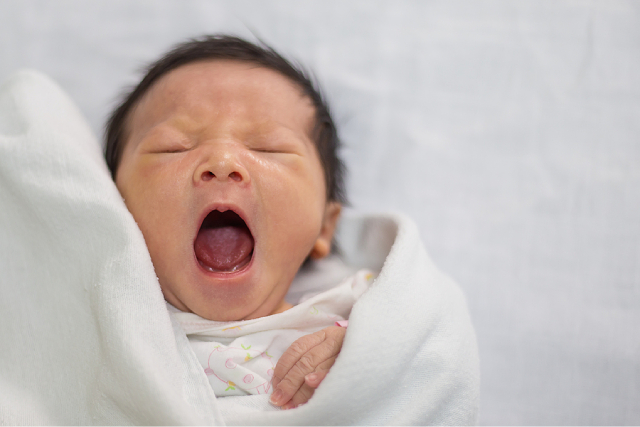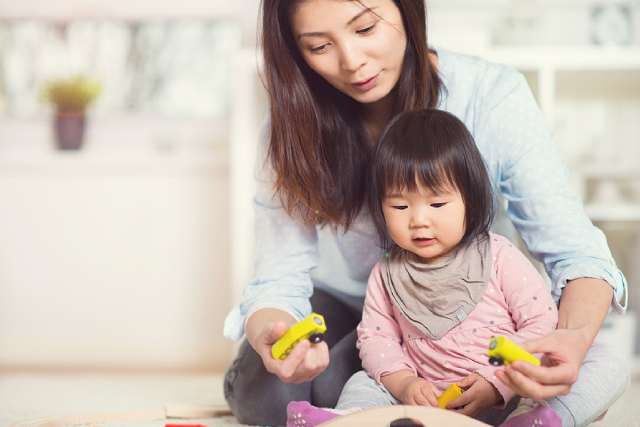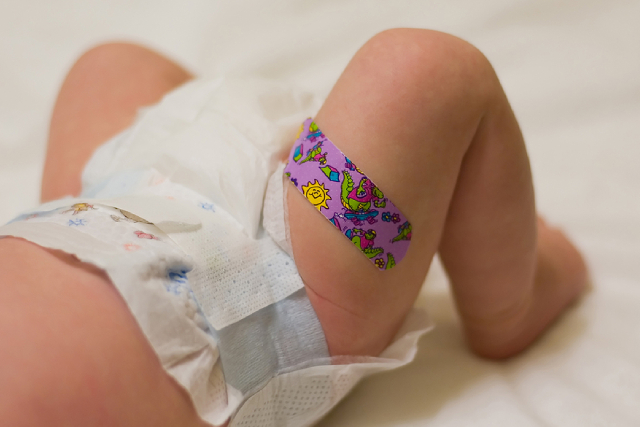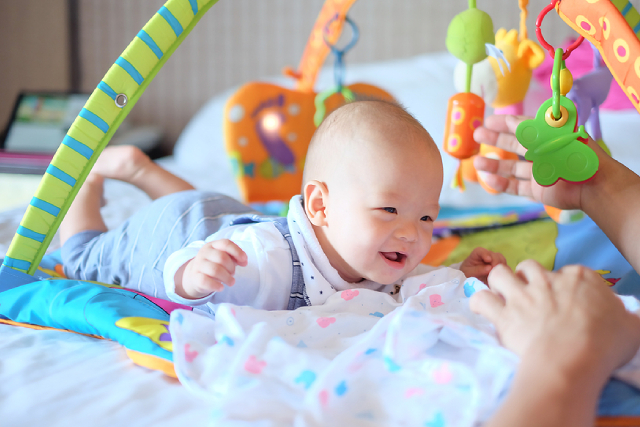
blog
Separating Fact from Fiction: Myths About Neonatal Jaundice

Neonatal jaundice is a common condition affecting newborns, characterised by yellowing of the skin and eyes. Despite its prevalence, there are many myths and misconceptions surrounding the condition that can cause unnecessary worry or, conversely, lead to a lack of appropriate care. Understanding neonatal jaundice can help parents navigate this condition more effectively and ensure their babies receive the necessary care.
1. Only Premature Babies Get Jaundice
Jaundice is more common in premature babies because their livers are less developed and less capable of processing bilirubin efficiently. However, full-term babies can also develop jaundice. In fact, jaundice affects about 60% of full-term newborns and up to 80% of premature infants.
Factors such as breastfeeding, blood type incompatibility, and significant bruising during delivery can contribute to the development of jaundice in full-term infants.
2. Jaundice Only Affects the Skin
Jaundice is most visibly noticeable through the yellowing of the skin and eyes, but it can also indicate underlying issues related to liver function and blood cell breakdown. The condition is a result of extremely high bilirubin levels in the bloodstream, which can affect other organs if not properly managed.
In severe cases, high bilirubin levels can lead to a condition called kernicterus, a type of brain damage that can cause long-term neurological issues.
3. Phototherapy Is Dangerous and Painful for Babies
Phototherapy is a safe and effective treatment for neonatal jaundice. It involves placing the baby under special blue lights, which help break down bilirubin in the skin so it can be excreted more easily. The process is painless and typically well-tolerated by newborns. Additionally, the baby's eyes are protected with a mask to prevent any potential damage from the lights.
Phototherapy significantly reduces bilirubin levels and can prevent the need for more invasive treatments.
4. Jaundice Indicates a Serious Liver Problem
While jaundice can be a sign of liver dysfunction, most cases of neonatal jaundice are due to the immature liver's temporary inability to process bilirubin efficiently. This condition, known as physiological jaundice, is usually harmless and resolves within the first two weeks of life.
Pathological jaundice, which may indicate more serious liver problems or other health issues, is less common and requires thorough medical evaluation and treatment.
5. Breastfeeding Should Be Stopped if a Baby Has Jaundice
Breastfeeding is usually encouraged even if a baby has jaundice. In fact, frequent breastfeeding can help lower bilirubin levels by promoting regular bowel movements, which help eliminate bilirubin from the body.
However, in some cases, a temporary supplementation with formula might be recommended if the baby's bilirubin levels are very high or if breastfeeding is not going well. It's important to work with healthcare providers to determine the best feeding plan for a jaundiced baby.
6. Jaundice Always Requires Hospitalisation
Not all cases of neonatal jaundice require hospitalisation. Mild cases can often be managed at home with increased feeding and regular monitoring of bilirubin levels. In more severe cases, newborn jaundice treatment in the form of phototherapy may be administered in the hospital or, in some instances, at home with special phototherapy equipment.
Hospitalisation is typically reserved for babies with very high bilirubin levels or those who do not respond to initial treatments.
7. Jaundice in Newborns is Rare
Neonatal jaundice is quite common. As mentioned earlier, it affects a significant proportion of newborns. Understanding that jaundice is a common and often benign condition can help alleviate unnecessary fears.
However, it is important to monitor the baby and seek medical advice if jaundice appears severe or persists beyond the first two weeks of life.
8. Home Remedies Are Effective for Treating Jaundice
There are many home remedies and folk treatments purported to treat neonatal jaundice, such as placing the baby in sunlight. In reality, exposure to sunlight is unhelpful at best and harmful at worst, causing dehydration and sunburn to your baby’s thin skin.
The safest and most effective treatments for jaundice are those prescribed by a healthcare professional.
Conclusion
Neonatal jaundice, though common, is often misunderstood. Debunking these myths is essential for ensuring that parents and caregivers have accurate information to make informed decisions about their baby's health. While jaundice can be a cause for concern, it is usually manageable with proper medical care and monitoring. Understanding the facts can help alleviate unnecessary anxiety and ensure that babies receive the appropriate care to thrive.
If you’re seeking phototherapy for jaundice in Singapore, reach out to us at Babysteps Medical. We also offer baby immunisation vaccination and child developmental assessments at home. Reach out to us for more information.



